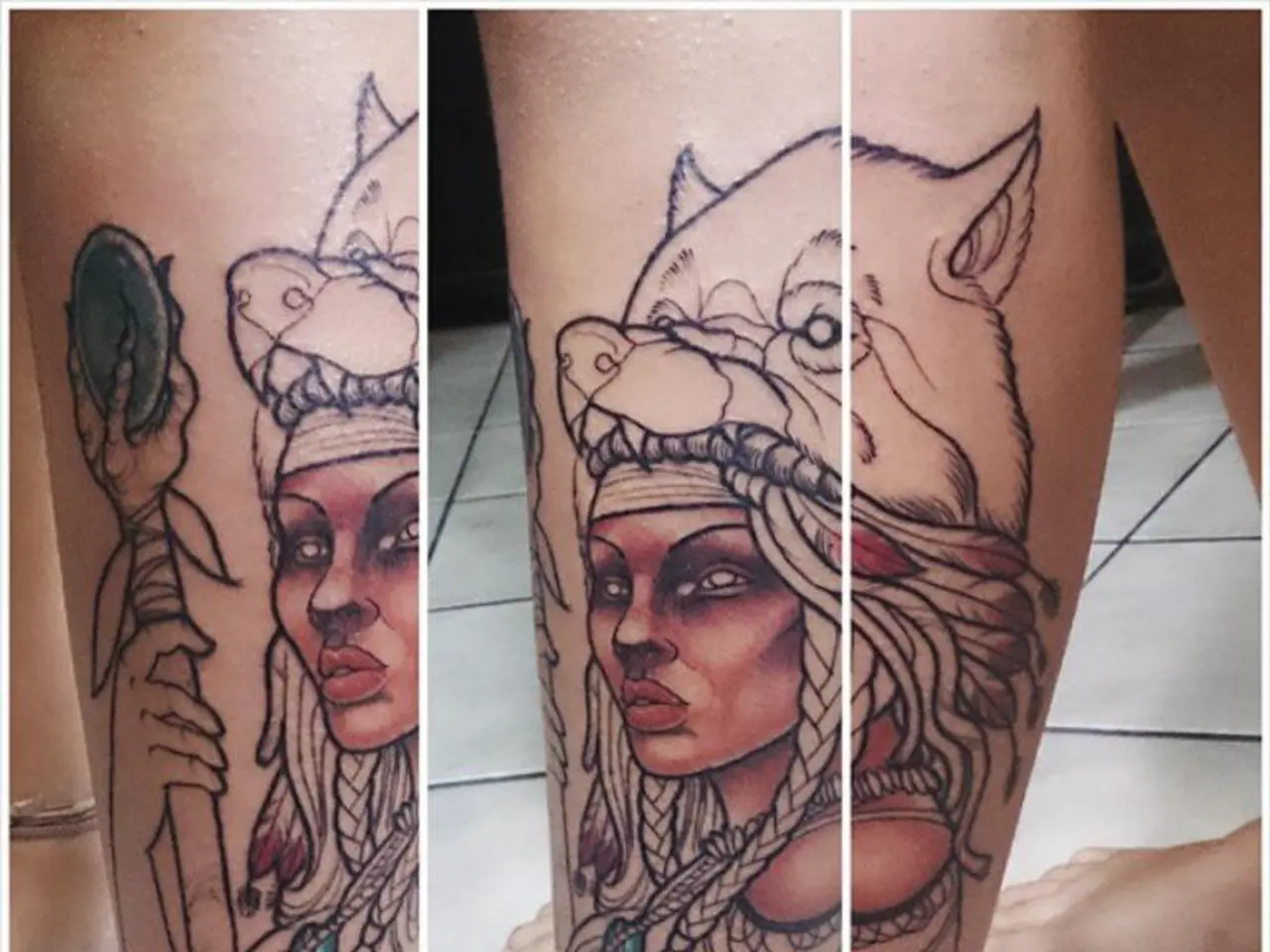Tips for Speeding Up Scab Healing
In the process of healing a scab, maintaining a healthy and supportive environment is crucial. Here are some effective methods for promoting scab healing and reducing scarring, based on evidence and advanced treatments.
**1. Keep the Wound Moist and Covered**
Contrary to popular belief, keeping a wound moist and covered is now the standard practice. Moist environments help new skin cells move across the wound bed, prevent thick scab formation, and reduce scarring. To achieve this, apply a thin layer of over-the-counter antibiotic ointment or petroleum jelly, cover the wound with a sterile bandage or dressing, and change it daily or whenever it becomes wet or dirty.
**2. Gentle Cleaning and Protection**
Clean the wound daily with mild soap and water to remove debris and reduce infection risk. After the wound closes, protect the area from sun exposure using clothing or sunscreen, as UV rays can darken scars and delay healing.
**3. Advanced and Professional Treatments**
For more advanced healing, consider using products like XWRAP and similar advanced dressings. These products promote cell regeneration, reduce inflammation, act as a protective barrier, and help manage pain. Additionally, laser therapy, chemical peels, microneedling, and PRP/PRF therapies can significantly improve the appearance of scars by stimulating collagen production and remodeling skin texture.
A balanced diet rich in protein, vitamins (especially C and E), and minerals supports tissue repair and wound healing. Avoid picking at scabs, as it increases the risk of scarring and infection.
By following these methods, you can promote optimal scab healing and significantly reduce the risk of noticeable scarring. For more information, consult a healthcare professional.
- Medical Supplies for Predictive Care:In case you suffer from medical conditions such as diabetes, atopic dermatitis, hepatitis, psoriasis, or COPD, consult a healthcare professional for the specific medical supplies and treatments needed to ensure a healthy and well-firstaid-and-safety environment.
- Skin Care for Aq Users:For those using aquatic facilities, heed the importance of skin care. High levels of chlorine can cause skin irritation in some individuals. Therefore, rinse off immediately after swimming or use a skin-care product specifically designed for swimmers to maintain skin health.
- A Quicker Understanding of Scars:Science continues to progress in understanding the predictive factors of scarring. Factors such as skin type, genetics, age, and wound mechanics play significant roles in scar formation and evolution.
- Stay Updated with Skin Care Research:By staying educated on the latest skin care research and advancements, you can make informed decisions about your skin's health and healing process.
- Accident and Falls Safety Tips:Regardless of whether you have a wound or not, taking precautions in preventing accidents and falls is essential. Ensure a safe environment by keeping the area clean and well-lit, using non-slip mats or rugs, and wearing proper footwear to minimize your risk of injury and skin trauma.




